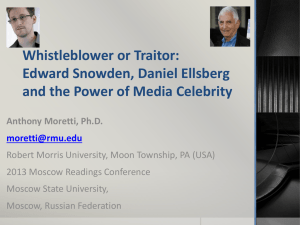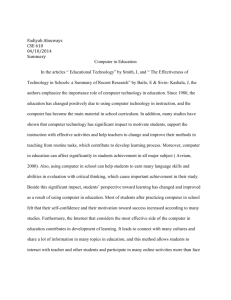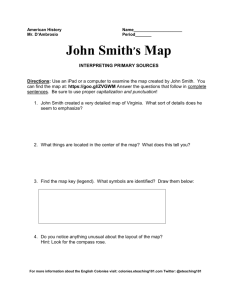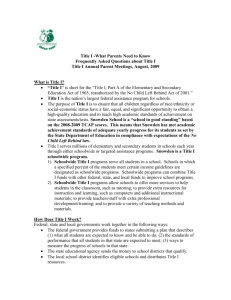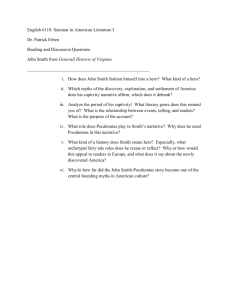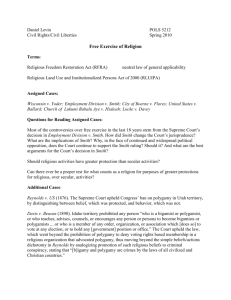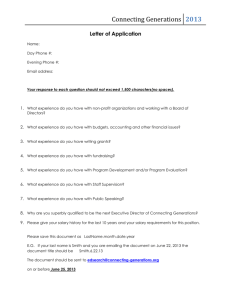Tanay Kothari - BCSV for Berkeley
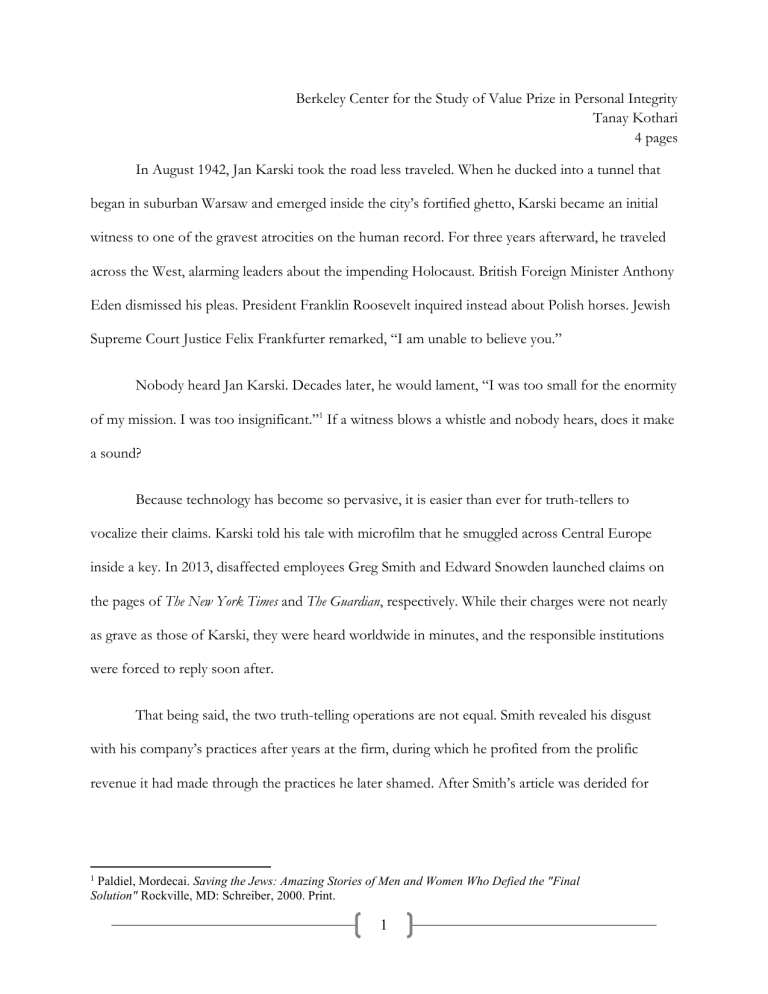
Berkeley Center for the Study of Value Prize in Personal Integrity
Tanay Kothari
4 pages
In August 1942, Jan Karski took the road less traveled. When he ducked into a tunnel that began in suburban Warsaw and emerged inside the city’s fortified ghetto, Karski became an initial witness to one of the gravest atrocities on the human record. For three years afterward, he traveled across the West, alarming leaders about the impending Holocaust. British Foreign Minister Anthony
Eden dismissed his pleas. President Franklin Roosevelt inquired instead about Polish horses. Jewish
Supreme Court Justice Felix Frankfurter remarked, “I am unable to believe you.”
Nobody heard Jan Karski. Decades later, he would lament, “I was too small for the enormity of my mission. I was too insignificant.” 1 If a witness blows a whistle and nobody hears, does it make a sound?
Because technology has become so pervasive, it is easier than ever for truth-tellers to vocalize their claims. Karski told his tale with microfilm that he smuggled across Central Europe inside a key. In 2013, disaffected employees Greg Smith and Edward Snowden launched claims on the pages of The New York Times and The Guardian, respectively. While their charges were not nearly as grave as those of Karski, they were heard worldwide in minutes, and the responsible institutions were forced to reply soon after.
That being said, the two truth-telling operations are not equal. Smith revealed his disgust with his company’s practices after years at the firm, during which he profited from the prolific revenue it had made through the practices he later shamed. After Smith’s article was derided for
1 Paldiel, Mordecai. Saving the Jews: Amazing Stories of Men and Women Who Defied the "Final
Solution" Rockville, MD: Schreiber, 2000. Print.
1
providing a lack of actionable evidence, he proceeded to publish a New York Times best-seller expanding on its premises.
Edward Snowden assumed great personal risk in releasing the information he uncovered. In addition to straying from confidentiality agreements he would have had to endorse as an employee of Booz Allen Hamilton, Snowden knowingly violated tenets of American law and set himself up to be charged for espionage.
Of course, personal interest alone is not enough of a standard by which to weigh the value of truth-telling. The actual impact of these incidents is clear. Smith’s column uncovered little new information about Goldman Sachs. His evidence—largely hearsay—merely reinforced existing beliefs about the company. On the other hand, Snowden’s leaks included conclusive evidence that the United States had spied on leaders, including German Chancellor Angela Merkel and Brazilian
President Dilma Rousseff. They contributed to global pressure in opposition to American policies.
There is a marked difference between these two outcomes.
It is important to go public with the truth when ostensibly accountable institutions inflict collateral damage on their subjects, violating the trust that forms the fabric of our society. However egregious the ethical violations carried out by a selection of Goldman Sachs employees may have been, it would be patently unfair to convict the company on the basis of Smith’s statements alone.
The same cannot be said of Snowden’s findings, which demonstrated duplicity on the part of
American intelligence organizations.
This standard was illustrated more clearly by Dinesh Thakur, an executive at pharmaceutical giant Ranbaxy. In 2005, Thakur found that his company had falsified records to obscure illicit manufacturing practices. Millions of drugs were compromised. For the next eight years, Thakur worked anonymously with federal prosecutors to build a case against his company, which eventually
2
paid $500 million in damages. Equally critically, Thakur exposed regulatory flaws that had allowed this malfeasance to occur. This is an admirable example of whistle-blowing—both identifying a problem and cooperating in devising a solution.
Of course, Thakur’s circumstances are not necessarily replicable. He was fortunate both to work in an industry for which the federal government had codified harsh legal measures and to be protected physically. Even in the absence of such an ideal scenario, we owe the truth to ourselves and our communities.
Institutions will naturally strive to perpetuate their own well-being and externalize any costs.
In the absence of public vigilance, abuses of trust will be common. In The Republic, Plato describes the ideal government as having no vested interest in particular outcomes. He tells Glaucon that politicians “alone of all the citizens may not touch or handle silver or gold…should they ever acquire homes or lands or moneys of their own, they will become housekeepers and husbandmen instead of guardians.” 2 The system suggested is markedly different from our own, in which policymakers can transition to working for private institutions--and vice versa—with ease.
If we should realize and enshrine any limits on the power of government, or notions of its accountability, they must originate from people, not other organs of government. This is not a foreign notion. Our own Founding Fathers embedded it in a constitution that protects the freedom of the press and allows citizens to challenge existing laws through the court system. This infrastructure works both ways—institutions are protected, too, through laws against libel and defamation.
2 Plato, The Republic . Accessed online.
3
An equally pressing matter is that of sorting out Snowdens and Smiths from rabble-rousers who would use the platform afforded them by technology to air unqualified grievances. This is a small inconvenience. If anything, technology provides an unprecedented opportunity for individuals to hold institutions culpable in new ways. It is better to work for these complications to be ironed out over time than to reject the only instruments of accountability available to regular citizens.
Jan Karski saw the results of apathy firsthand. Upon being awarded the Wallenberg Medal for his efforts, Karski noted that “the common humanity of people, not the power of governments, is the only real protector of human rights.” 3 With institutions increasingly empowered to affect the lives of the people they affect, and people increasingly empowered to hold them accountable, the burden is on individuals to avoid passively enabling abuses of authority.
3 "Jan Karski." The Wallenberg Medal and Lecture . The Wallenberg Medal and Lecture, n.d. Web. 28 Nov. 2013.
4
